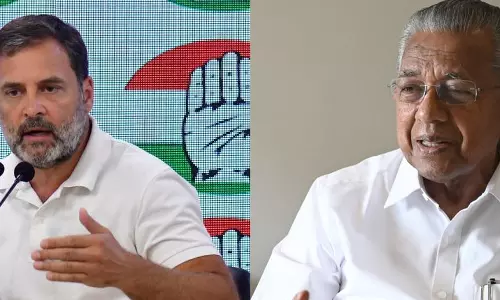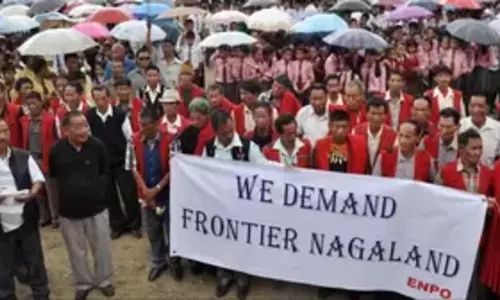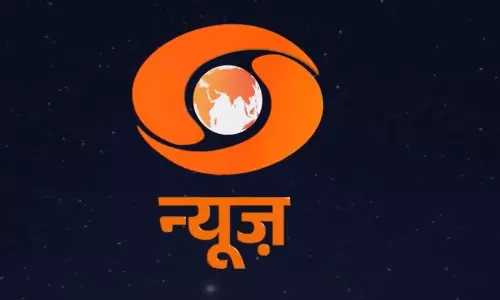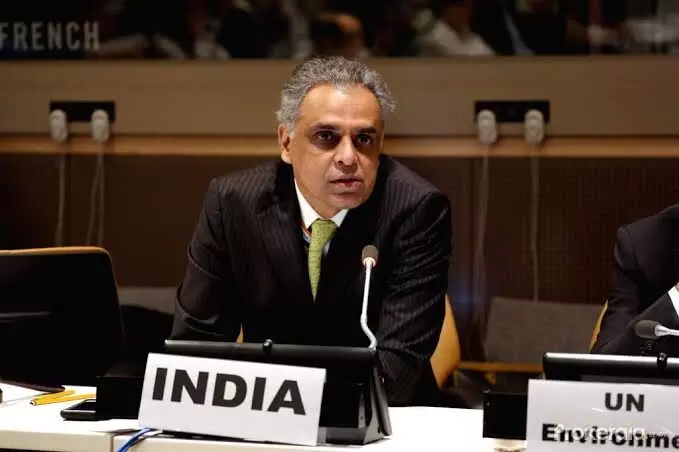
"Shoddy work by NYT": former Indian envoy denies claims linking Pegasus purchase to favour towards Israel
text_fieldsNew Delhi: Former Indian envoy to the United Nations Syed Akbaruddin has dismissed the allegations by the New York Times which, in a recently published op-ed, accused the Indian government of having purchased the Pegasus spyware from Israel in 2017, which in turn translated to an Indian vote against giving a Palestinian human rights body observer status in the UN in 2019.
"Our (India and Israel) ties had improved. There is no doubt about that. It was visible to everybody at the UN. I have written in my book that Israel endorsed an Indian judge to the ICJ (International Court of Justice). This was in 2017. This was open knowledge that our ties were warming up. Where interests coincide, certainly states will work together. I don't think there is anything to hide about it... I don't think that's a linkage. I must say The New York Times on this thing erred and erred egregiously," he told NDTv in an interview.
He termed the issue as a "low-level" matter that had been blown out of proportion and said the NYT had done "shoddy" work in linking the 2 billion dollar agreement between India and Israel towards the small matter of voting against an NGO. Akbaruddin said that he had taken the decision to vote against the NGO independently, and on the basis of concerns raised by other countries regarding links to groups that the NGO had not made public.
He did not comment however on whether India had actually purchased the controversial spying software from Israel.
"We ourselves had many many concerns about NGO's being infiltrated by terrorists. In fact India had actually proposed the format to the vetting...when this case came up, my colleague who handles this committee came to me and said, 'Ambassador, what do we do?' And without blinking I said 'Well, this is a terrorist concern. All they are asking is to delay this meeting so why should we have a problem at all?" Akbaruddin clarified.
The former Indian envoy said that even after that 2019 vote, India continued to handle Israel-Palestine issues as it has always done, going back as far as 1970. He said that despite being a permanent envoy in New York, he had no idea of the "bigger picture" that the NYT had painted in its editorial.
Denying any reports of favouring Israel, the former envoy said that the decision of India was solely based on the NGO and terrorist concerns raised, and that Palestine had never asked for support either.
The report triggered a major controversy in Indian politics on Saturday with the Opposition alleging that the government indulged in illegal snooping that amounted to "treason". They indicated that they would raise the issue strongly in the Budget Session of Parliament starting Monday, even as union minister VK Singh rubbished charges.
News agency OTI said that political onlookers were keeping close watch on the Supreme Court committee instituted to investigate claims that the government had used the Pegasus spyware to conduct surveillance on political opponents, journalists and activists. The committee is headed by retired SC Justice R V Raveendran.
























